Occasionally people are called upon to address the task of nation-building.The calls are voiced by the smae public speakers with the features of different platform and divers audiences across the country.
Mercifully, the nation has managed to retain its global image as a stable entity amidst the thousands of road shows being staged by hundreds of disgruntled outfits across the country with hardly any let up, in addition to the unabating mud-slinging among the Vote-seekers with no holds barred, being witnessed in Karnataka and Bihar causing disgust to the people at large, Who are not exactly amused. The litmus test for according high rating to the players in the game of nation-building is undoubted by good governance conforming to acceptable norms, subhiksha in short. Scholars equate good governance with spotless statecraft, drawing comparison with the rule of Nalwadi Krishnaraja Wadiyar spanring the first half of the last century.
Having drawn the shutters down on monarchy in some 500 plus Kingdoms across the partitioned country seven decades ago, the land is being governed by republican from of governments. In this context, many would interpret as incongruous to adopt the principles of enunciated by Koutilya for the nation now becuse his authoritative treatise of fourth century BC deals with Virrtually all aspects of governance in a monarchical state as different from republican.
We learn from Knowledgeable and scholarly chroniclers that Kautilya, also known as chanakya (strategist), believed that Alexander’s successful conquest of (a part of ) India was due to the absence of a strong centralized Indian empire. Thanks to the monumental, untiring and sustained efforts of Sardar Vallabh Bai Patel, Considered as Bismark of India, in a short period of barely a few weeks, it was possible to create such a strong(?) centralized Indian Empire. Even as scores elements not concerned about keeping the nation intact under their misguided leaders are disrupting order in society, the call just given by the nation’s President to all stakeholders (people of the country) and stock holders (the elected representatives) spelling out his 5-D prescription has come not a day too early.
In short, the president speaking before the members of Karnataka Legislature highlighted the key components of parliamentary democracy namely debating, dissenting and deciding without neglecting decency. The electorate of Karnataka, comprising some 48 lakh Voters, have a golden opportunity of choosing their worthy representatives in the ensuing polls of 2018 and showing the exit to the unworthy vote-seekers.



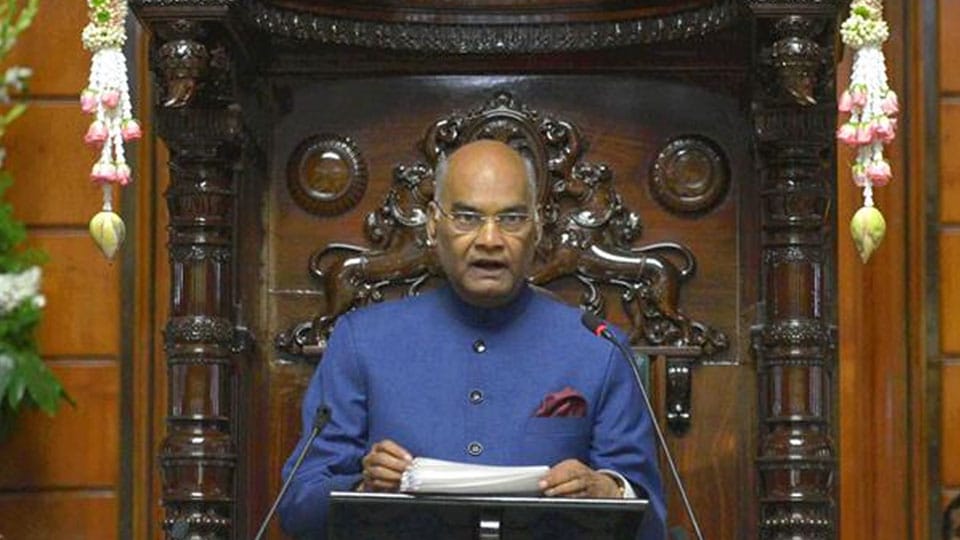
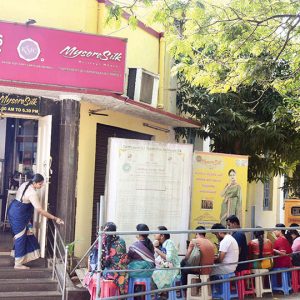
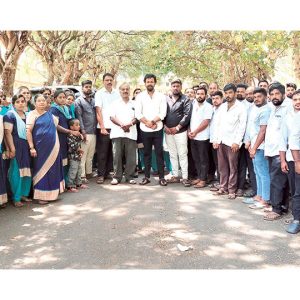
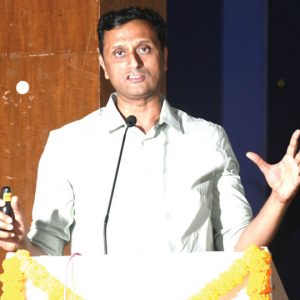
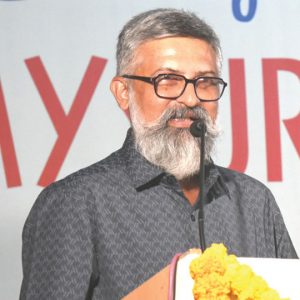
Recent Comments